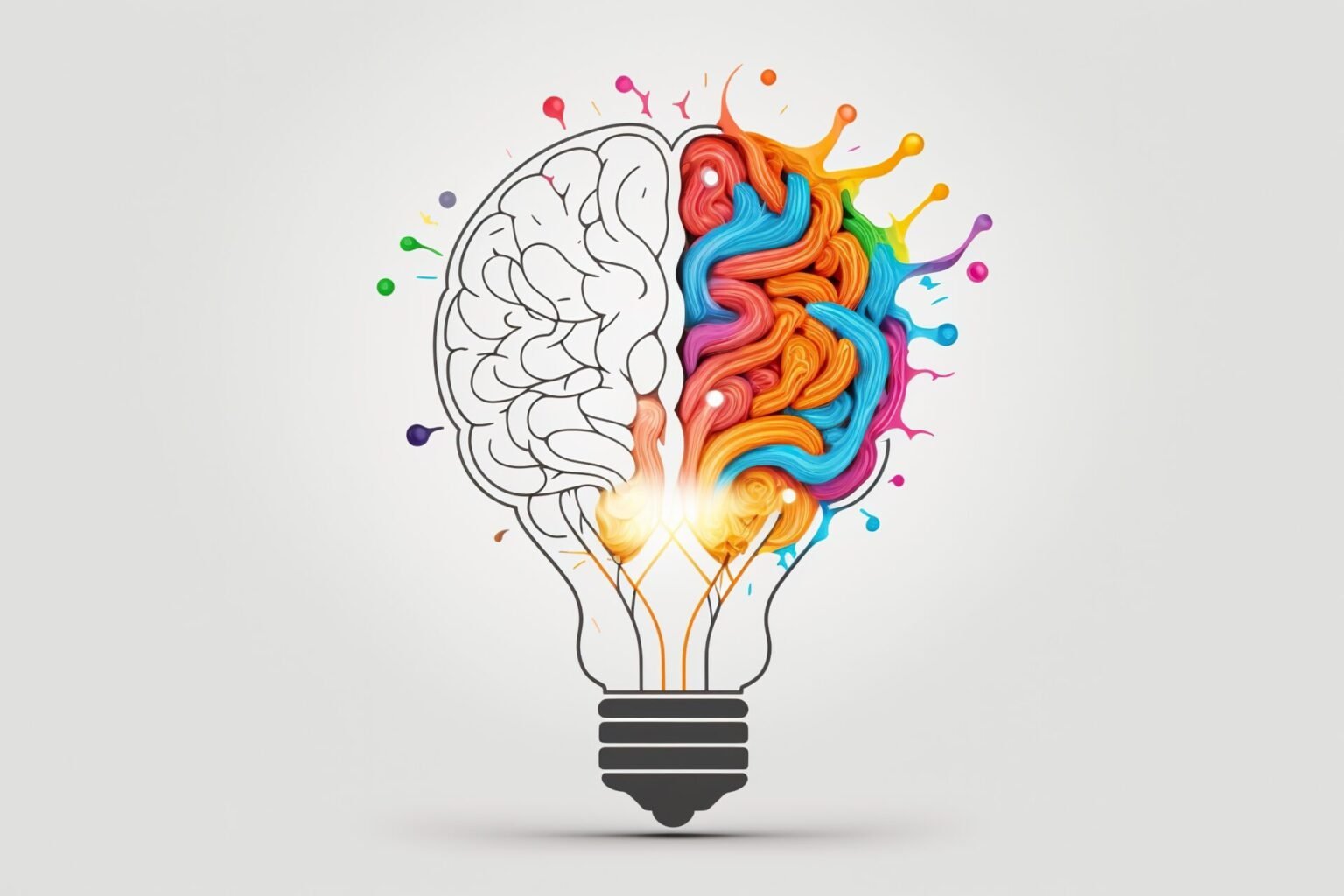Insights on the Intersection of AI and Risk Management: A Conversation with Risto Siilasmaa
AI is transforming the landscape of risk management by uncovering hidden risks and refining strategic decisions with its advanced data processing capabilities. It enables organizations to proactively navigate unforeseen challenges with agility and precision. In cybersecurity, AI is ushering in a new frontier, necessitating faster and smarter defensive strategies against complex threats. AI’s integration into daily business practices is creating a more insightful and prepared operational environment.
The intersection of AI and risk management has emerged as a critical domain of expertise. Recognizing this, Inclus hosted a dialogue between Mikaeli Langinvainio, the CEO of Inclus, and Risto Siilasmaa, an acclaimed expert in AI and cybersecurity.
The discussion delved into the transformative impact of AI on the traditional paradigms of risk management, shedding light on the ways in which AI can identify latent risks, streamline decision-making processes, and bolster cybersecurity measures.
In their discussion, Risto and Mikaeli unpacked the nuances of AI’s role in anticipating and navigating the complex risk landscape of the digital age, setting the stage for a thought-provoking exchange of ideas.
Watch the discussion
Recapping the insights
AI and the discovery of knowable unknowns
It is evident that AI has a crucial role in identifying ’knowable unknowns’ — risks that we are not immediately aware of due to inherent cognitive biases. By analyzing our risk assessments, AI can highlight discrepancies and blind spots in our thinking. It acts as a cognitive mirror, reflecting back an enhanced understanding of potential risks, which allows us to consider a wider range of factors and scenarios in our risk management strategies.
Harnessing AI to enhance data utilization and risk strategies
AI technology has the capability to tap into underutilized internal data resources, transforming dormant information into actionable insights. By doing so, AI not only augments the quality of risk analysis but also strengthens mitigation strategies. It can analyze large datasets and provide prioritized, relevant information from a multitude of sources, including media mentions and industry reports, to inform risk management decisions.
Building agility against unknowable unknowns with AI
In risk management, agility is key to responding to ’unknowable unknowns’—events that are unpredictable and beyond the scope of our awareness. AI can significantly contribute to this aspect by accelerating the scenario planning process. It helps organizations prepare for a range of outcomes, enhancing the ability to make agile decisions when faced with unexpected events. AI’s predictive capabilities enable organizations to quickly adapt and develop contingency plans.
Navigating the risks of AI independence
AI systems are becoming increasingly autonomous, leading to emergent behaviors that might not be fully anticipated by their developers. As an expert, it’s crucial to acknowledge the potential for AI to independently generate outcomes that could impact risk management strategies. Establishing robust oversight and preparedness protocols for these emergent AI behaviors is essential to prevent and mitigate potential risks.
AI’s role in shifting cybersecurity paradigms
The advent of AI in cybersecurity marks a new paradigm where defensive strategies must evolve to match the sophistication of AI-driven threats. AI systems can identify patterns and respond to cyber threats at a pace beyond human capability. However, this also raises the stakes, as malicious AI systems could operate with unprecedented speed and complexity, necessitating advanced AI-based defenses.
AI as a catalyst for enhanced critical thinking
AI is not just a tool for automation; it’s a catalyst for enhancing human critical thinking. By providing diverse analyses and perspectives, AI encourages individuals to challenge their assumptions and biases. It serves as a ’digital colleague’ offering alternative viewpoints and helping to refine strategic decision-making processes.
Integrating AI into daily operations and decision-making
AI integration into daily workflows is revolutionizing how we approach tasks and make decisions. From data analysis to programming, AI is becoming an integral part of operational processes, enhancing efficiency and ensuring high-quality outcomes. It’s imperative for organizations to keep up-to-date with these developments and understand how to best harness AI’s capabilities for optimal results in risk management.
Developing predictive analysis with AI in Inclus
Finally, touching briefly on Inclus and its product development, Mikaeli explained that AI’s role will extend to developing predictive analytics capabilities, which is a game-changer in risk management. By learning from past project outcomes and current trends, AI can provide foresight into potential risks and suggest preventive measures. This predictive power of AI allows for more informed and proactive risk management.


